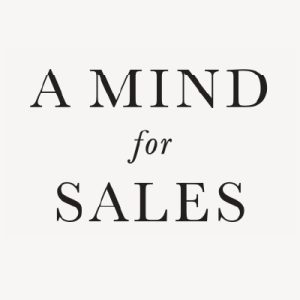 Why is your customer in business? Who is their customer? How do their customers benefit from what they provide to them?
Why is your customer in business? Who is their customer? How do their customers benefit from what they provide to them?
Recently, I was working with a salesperson calling on customers and this issue came to light.
The reason it came to light is the salesperson was selling to customers who suddenly found themselves with a lack of customers.
It isn’t hard to see how when one part of the supply chain slows, it can quickly impact the entire chain.
If we want to be seen as salespeople who are different from our competitors, then we have to take this very seriously. Not only does it help us to stand apart, but it also helps us help the customer do a better job working with their customers.
Below are a few questions we need to be asking ourselves regarding our customers:
1. Who are the big customers our customer sells to?
2. What are the reasons these customers buy from our customer?
3. How important are their buying decisions? Are they buying from our customer to replenish on a regular basis or are they buying more as a capital purchase?
4. What would happen to our customer’s business if they lost a major customer?
5. What can we do to help our customer provide better service to their customers?
6. Is our customer seen as a leading edge company to their customers?
7. What reputation does our customer have in their industry?
8. What insights/information can we bring to our customers that will help them be seen more favorably in their industry?
Each of these questions is designed to compel us to look not at our customer, but at their customer.
Remember, we’re not in the business of supplying things; we’re in the business of supplying outcomes — outcomes that help our customers do a better job serving their customers.
What I find is in being able to fully understand who our customer’s customers are, we are in a better position to capitalize on new opportunities when business is good and sustain business when things may slow.
If you want to sit back and wait for the phone to ring to bring you business, then there’s zero need for you to know who your customer’s customers are.
If you care about being successful and being the one who controls your business, then get going in learning more about your customer’s customers.
Copyright 2015, Mark Hunter “The Sales Hunter.” Sales Motivation Blog. Mark Hunter is the author of High-Profit Selling: Win the Sale Without Compromising on Price.




